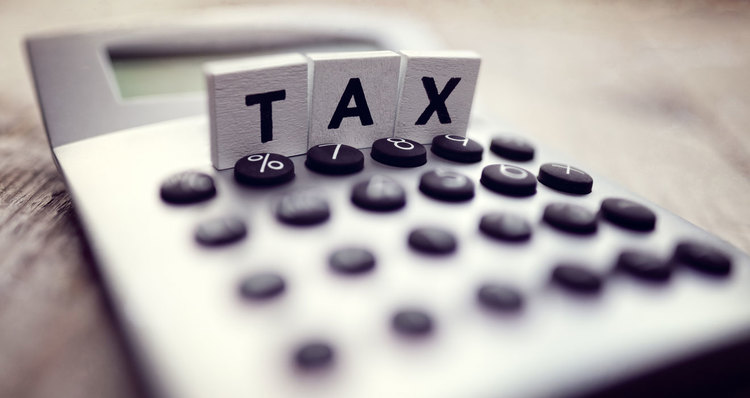
Dear HandelOnTheLaw.com:
With the deadline fast approaching to pay our income taxes, I have an important question. I am a crack dealer. I make a pretty good living at it. My girlfriend also happens to be one the highest grossing prostitutes in the particular county where we reside. Question: Since both of our professions are consider to be unlawful by the authorities, I presume that we aren't legally obligated to pay taxes on our income, right?
Answer: Wrong. You are still obligated to pay taxes on any income that you receive - even if you receive it through illegal means.
The question of having to pay taxes on income derived from illegal activity has an interesting legal history.
In 1946, the U.S. Supreme Court ruled in the case of Commissioner v. Wilcox that embezzled funds were not taxable income because the unlawful embezzler had a duty to reimburse the funds to the victim.
It argued that embezzled funds were similar to a 'loan' that was taken without permission. Most loans are generally not considered taxable income under IRS regulations.
The Wilcox decision was met with some criticism by many in the public. Some felt that the Court was essentially saying that law abiding people should be forced to pay taxes, while criminals shouldn't have to.
In 1952, the Supreme Court retreated from its position somewhat. In the case of Rutkin v. U.S. , it ruled that an extortionist still had to pay income tax on the money that he managed to extort.
The court explained that, "[a]n unlawful gain, as well as a lawful one, constitutes taxable income when its recipient has such control over it that, as a practical matter, he derives readily realizable economic value from it."
However, the Rutkin decision failed to explicitly overrule the 1946 Wilcox decision, stating simply that, "We limit that case to its facts." So for several years, there was a strange legal technicality from the Supreme Court that suggested that money gained from extortion was taxable, while money gained from embezzlement was not.
However, this arguable contradiction was resolved in 1961 with the case of James v. U.S. In that case, the Supreme Court explicitly overruled its 1946 Wilcox decision and held that an embezzler could still be charged with income tax evasion for failing to report his embezzled income.
Using some 'legalese', the Court wrote that an "examination of the reasoning used in Rutkin leads us inescapably to the conclusion that Wilcox was thoroughly devitalized."
It further explained,
"The victim of an extortion, like the victim of an embezzlement, has a right to restitution. Furthermore, it is inconsequential that an embezzler may lack title to the sums he appropriates while an extortionist may gain a voidable title. Questions of federal income taxation are not determined by such 'attenuated subtleties.'…We believe that Wilcox was wrongly decided and we find nothing in congressional history since then to persuade us that Congress intended to legislate the rule. Thus, we believe that we should now correct the error and the confusion resulting from it, certainly if we do so in a manner that will not prejudice those who might have relied on it….We should not continue to confound confusion, particularly when the result would be to perpetuate the injustice of relieving embezzlers of the duty of paying income taxes on the money they enrich themselves with through theft while honest people pay their taxes on every conceivable type of income."
The end result is that the Courts and the IRS now consider any income you get to be taxable - regardless of whether or not it came from lawful sources. It won't matter if you got your money from selling drugs, prostitution, gambling, or whatever. If you make money (however you make it), the IRS wants its cut.
So if you fail to pay your taxes from dealing crack - you can theoretically be charged with income tax evasion as well as the underlying criminal offense of drug dealing.
Gee, thanks for the info! I'll be sure to send my check off to the IRS right away. One more question. On my tax forms, the IRS wants me to describe what my profession is. Should I tell them that I'm a crack dealer, or should I lie?
Umm...We would never advocate lying to the government in the form of a tax return or any other context. At the same time, we'll respectfully decline to answer that question other than to tell you that you might want to consider consulting with a criminal defense attorney and seek out another legitimate profession.
[Note from HandelontheLaw.com: This article is to be used as an educational guide only and should not be interpreted as a legal consultation. Readers of this article are advised to seek an attorney if a legal consultation is needed. Laws may vary by state and are subject to change, thus the accuracy of this information can not be guaranteed. Readers act on this information solely at their own risk. Neither HandelontheLaw.com, or any of its affiliates, shall have any liability stemming from this article.]


